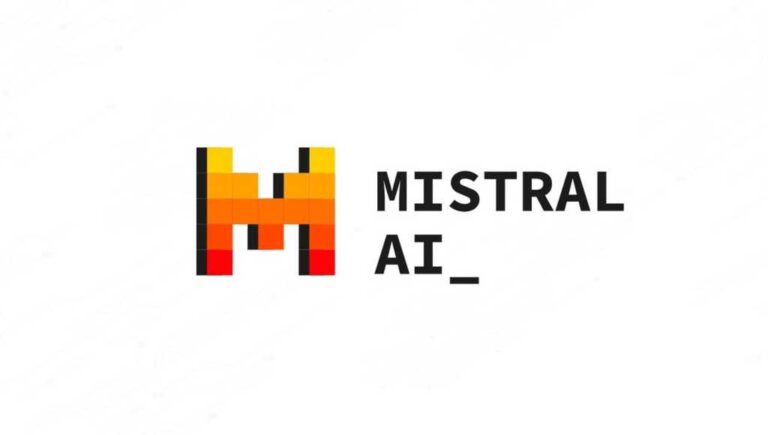AI PCs — get the latest news and insights
Virtually every aspect of technology has been affected, and potentially improved, by artificial intelligence (AI). PCs are no exception. While the meaning of “AI PC” is still evolving, it generally refers to a computer specifically designed to excel at AI-powered tasks. These beefed-up computers typically feature:
- High-end CPUs and GPUs to handle the demanding computational requirements of AI applications such as AI assistants that automate tasks, schedule meetings, answer emails, and provide personalized recommendations and data analysis and visualization.
- Dedicated AI accelerators like Neural Processing Units (NPUs). These specialized chips are optimized for AI tasks such as machine learning, deep learning, and natural language processing.
- Pre-installed AI-powered software such as AI assistants (like Microsoft Copilot), creative tools, and AI-enhanced productivity applications.
Will AI PCs play a big role in 2025 and beyond?
As AI becomes more integrated into daily use, the demand for powerful computers capable of handling AI workloads will grow and provide new levels of productivity by automating tasks, generating creative content, and providing intelligent assistance. AI PCs are also designed to improve the user experience with AI-powered features like voice assistants, intelligent search, and personalized recommendations to enhance the overall user experience.
Key players in the AI PC market
- Intel is building CPUs with built-in AI acceleration capabilities.
- AMD is heavily investing in AI-powered processors with its Ryzen AI processors designed for AI-driven experiences.
- Nvidia, arguably the leader in GPU technology, continues to drive AI performance with its powerful processors.
- And Qualcomm’s Snapdragon processors, which allow for on-device AI processing. are increasingly integrated into Windows PCs.
Related AI PC coverage
How soon will AI PCs replace traditional PCs in the enterprise?
Sept. 25, 2024: There’s much anticipation among enterprises and consumers alike for AI PCs, However, as with any new technology, it’s unclear when AI PCs will finally have their moment. Gartner forecasts that 43 million AI PCs will be shipped in 2024. IDC predicts even more — 57 million units — will be shipped in 2024. And by 2028, AI PCs will represent 92% of all PC shipments worldwide.
What does Qualcomm’s interest in buying Intel’s chip design business mean for the future of PCs?
Sept. 11, 2024: Qualcomm, Intel, AMD, and Apple have been in a fierce battle for domination of the chip market for AI PCs, which are touted as the future of computing. Further ramping up competition in this fiery landscape, Qualcomm has reportedly explored buying portions of Intel’s design business, most notably client PC design, as Intel looks to spin off units ahead of an upcoming board meeting, anonymous sources told Reuters.
Copilot+ AI PCs are finally here. You don’t want one — yet
July 9, 2024: The AI hype keeps on coming. The latest news is the arrival of an entirely new line of Windows computers, Copilot+ PCs, which are specifically designed with AI in mind. Microsoft claims they’ll dramatically speed up AI, offer new features unavailable to other PCs, and deliver improved battery life. The new machines point the way to the future of Windows and of AI.
Microsoft’s Copilot+ AI PCs: Still a privacy disaster waiting to happen
June 12, 2024: Many security pros say Microsoft is opening a Pandora’s Box with its AI-powered Copilot+ Windows PCs. Microsoft argues those new PCs, available as of June 18, will make it easy for users to find files and remember things you’ve done on your computer using the new Recall feature, which takes screenshots, stores them in a database, and uses AI to help you find and use whatever you want. Despite warnings by security pros, Microsoft claims rock-solid security is baked directly into the new feature.
Review: The M4 iPad Pro — an amazing AI PC
May 17, 2024: The M4 iPad Pro is designed to provide the best possible performance thanks to the M4 chip inside. Apple suggests it needed to use this processor because it wanted to make the iPad Pro thin and to drive the amazing display. The move to M4 also means you get a huge leap in processor performance (1.5x faster than the last model) and graphics (4x faster rendering). Deploying this chip means the iPad Pro with M4 could become the world’s ultimate AI-driven tablet.
Enterprises want AI PCs, just not yet
April 23, 2024: While the employee benefits of using an AI PC are intriguing, they may not be enough to convince IT buyers to go all in just yet. Despite the enthusiasm generated by advanced AI-driven functionalities, enterprises are expected to adopt a more measured approach over the next year, according to Forrester.
Microsoft is holding back the ‘AI PC’ revolution
March 13, 2024: The PC industry has a big problem. And it’s not hardware makers’ fault — it’s Microsoft’s responsibility. The hardware is here: Intel, AMD, Nvidia, and PC makers have delivered on their end. Now, everyone is waiting for Microsoft to catch up and make Windows truly shine on these AI PCs. Can the company deliver something compelling in time?
Dell ramps up ‘AI PC’ plans with Latitude and Precision refresh
Feb. 27, 2024: Dell unveiled a range of new laptops and PCs featuring neural processing units (NPUs) designed to run AI workloads on-device for improved video call quality and better laptop battery life. Dell is one of several hardware vendors looking to benefit from growing interest in AI PCs.
Before you buy a Windows 11 AI PC, read this
Jan. 17, 2024: AI PCs were everywhere at CES 2024, and companies like Intel, AMD, NVIDIA, and Qualcomm are all touting how great their hardware is at running AI tasks. But since these “AI PCs are already on shelves and you can buy them before CES 2024, we need to cut through the hype and focus on what you’re getting for your money. They might one day deliver a lot of cool features — just not yet.”







